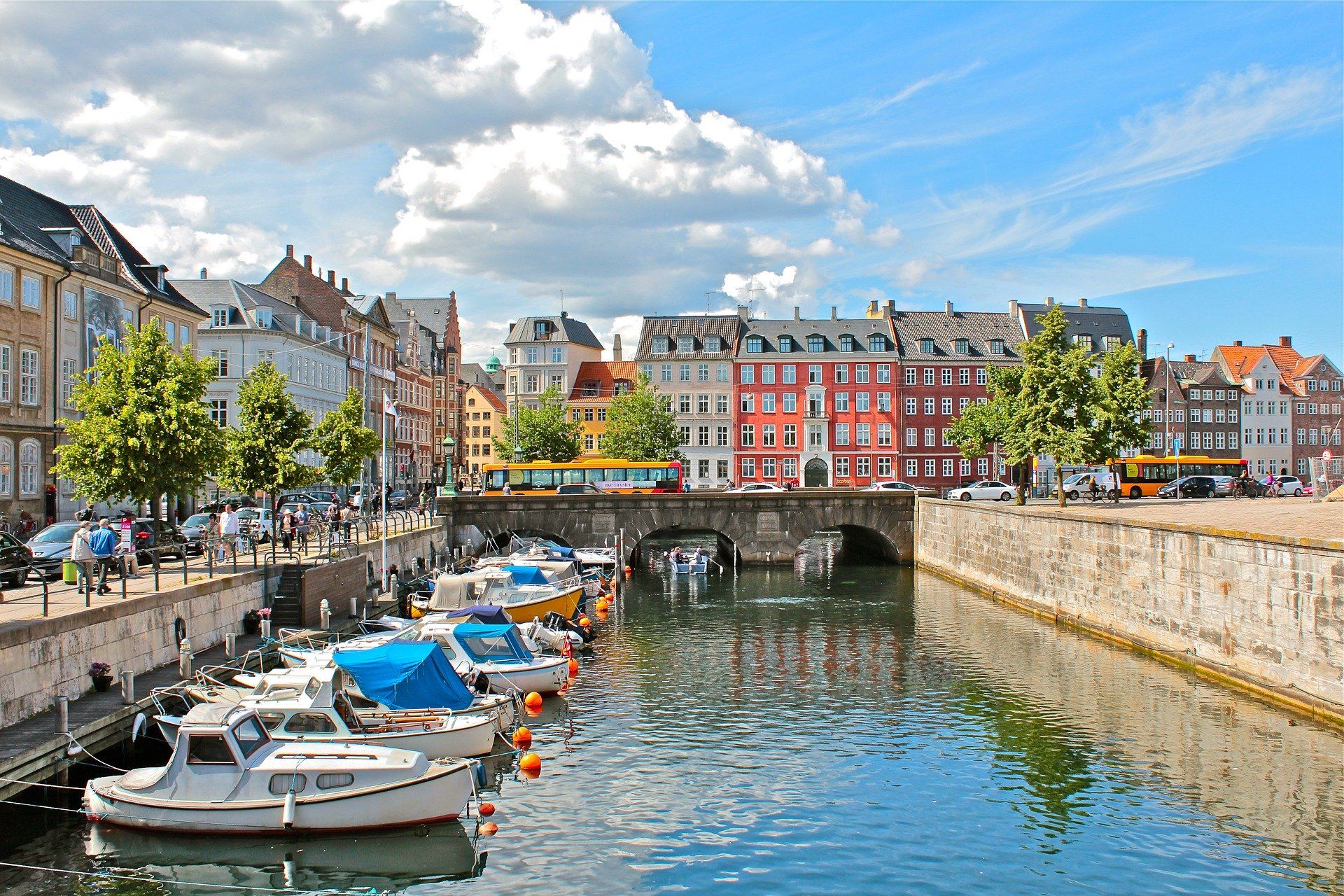Nothing can bring Danes together like the men’s national football team.
The special phenomenon began with the popular and richly performing team in the 1980s. When Denmark defied all odds and won the European Championship in 1992, it became a legendary summer, about which documentary series are still being made.
The triumph was scripted as a movie. Older Danes have the 32-year-old midsummer evening in loving, eternal memory.
Now we go again.
Expect to come through group stage
Sunday at 6pm, Denmark starts its European campaign against unnoticed Slovenia. The Danes see themselves as runners-up in a group that includes one of the pre-favourites, England, and Serbia.
The two best teams go on to the knockout phase – which is Denmark’s success criterion. From there you can surprise, but no one expect you to go far against stronger opponents.
Denmark’s fixtures
June 16 Denmark – Slovenia (6 pm in Stuttgart)
June 20 Denmark – England (6 pm in Frankfurt)
June 25 Denmark – Serbia (9 pm in Munich)
The fact that Denmark hardly can expect to successively participate in major events seems to elude Danes.
Neither Norway nor Sweden has participated for some years.
Quite fittingly to the Danish self-perception of being the best in the Nordics – most recently confirmed by test victories over the two Nordic brother countries.
High on confidence
Danes’ confidence in their own team is usually quite high. Regardless of whether it is France, Germany or England on the other side, many think that “we can beat them”.
There is no underdog feeling. This, of course, due to great results of the past.
In addition, Denmark did better than expected at the postponed Euro 20 – which was held in 2021 due to Covid-19 – where the team reached the semi-finals. In a memorable match with England at Wembley, Denmark only went down to a dubious penalty in extra time.
Summer of magic
The summer of 2021 was magical for Danes for several reasons.
In part, the group stage matches were played in Copenhagen, and it was the first large outdoor event where people met in large numbers in warm weather after the covid restrictions.
Further, shock hit the nation when Christian Eriksen collapsed with a cardiac arrest in the middle of the match against Finland. He was revived on the spot, but the sight of the lifeless star player spread awe and sadness into the souls of all watching.
Today, Christian Eriksen is one defibrillator richer and still a key player for the Danish team.
Yet, the summer of 21 was special not least due to the victories over Russia, Wales and the Czech Republic in that order before the close decision against England.
As several times before, the Danish public embraced the team, especially the then new coach Kasper Hjulmand.
Bla bla Qatar
However, three years later, feelings have cooled down.
The World Cup in Qatar in 2022 was an enormous disappointment.
The players prognosticated that they would go far, but they seemed affected by public criticism of the World Cup being held in the controversial oil and desert country.
Managers and players were caught up in the communication of whether to distance themselves from living and working conditions in Qatar. The team was not helped by Danish politicians either.
When the matches got under way, most players seemed out of sorts.
0-0 against Tunisia was followed by a 1-2 defeat against France and completed by an embarrassing 0-1 defeat to Australia.
In Denmark, it was winter during the World Cup, and darkness gathered over a disappointed nation.
Since then, Hjulmand’s men have struggled to find their usual groove. Qualification for Euro 24 was handily assured, but most games were won with a slim margin and didn’t excite the nation.
Star players expected to carry the squad
The squad is largely the same as in 2021 and 2022. Still, most people are not sure which version can be expected from Denmark this year: Smiles and convincing play of 21 or somber and lackluster play of 22?
The players come from the Premier League, Bundesliga, La Liga and top teams in Belgium. It is an experienced team – and according to UEFA a tall team – and many Danes will travel to Germany to support the team. The journey to the games is not that long.
Striker Rasmus Højlund and midfielder Christian Eriksen (both Manchester United) and defenders Andreas Christensen and Joachim Andersen (Barcelona and Crystal Palace) all know what it takes.
It’s quite reasonable that they will spearhead Denmark into the knockout stages.
The Copenhagen Post will on a regular basis follow the Danish squad and keep an eye on noteworthy matches as the tournament kicks off Friday evening when the German hosts take on Scotland.












